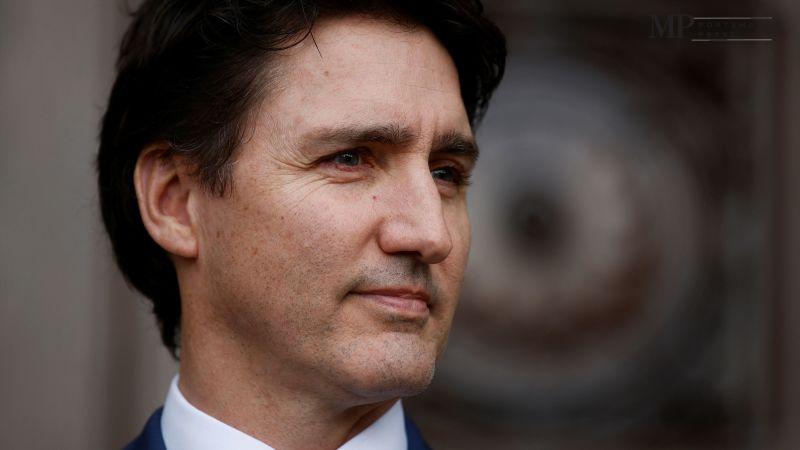Canadian Prime Minister Justin Trudeau is confronting a significant political crisis that might lead to his resignation as leader of the Liberal Party. Reports from Canadian media indicate that Trudeau is considering stepping down, possibly before an important caucus meeting on Wednesday. This potential change comes on the heels of declining approval ratings and pressure from within his party, with Liberal MPs increasingly vocal about their dissatisfaction.
Pressure Intensifies Amid Poor Polls
Trudeau has been at the helm of the Liberal Party for over 11 years, and as prime minister for nearly nine, his leadership is now in jeopardy. Various polls reveal that his approval rating has plummeted to around 28%, while disapproval looms at a staggering 68%. These numbers reflect growing frustration among Canadians, particularly in light of ongoing economic challenges such as a housing crisis and soaring inflation.
Political Fallout Following Recent Resignations
Trudeau’s potential resignation follows the recent exit of Deputy Prime Minister Chrystia Freeland. Freeland stepped down, criticizing the government’s policies, which she believed were detrimental to ordinary Canadians. The Liberal Party has witnessed a series of troubling electoral losses, increasing internal strife and calls for leadership change as they approach a crucial election due by October 20, 2024.
Leadership Challenges Ahead
With Trudeau contemplating resignation, there is significant speculation about who might take over as the new leader. Several prominent figures in the party, such as Dominique LeBlanc and Melanie Joly, are mentioned as potential successors. However, a leadership change so close to the upcoming elections could leave the Liberals vulnerable to the Conservative Party, led by Pierre Poilievre, who is currently surging ahead in the polls.
Trudeau’s Controversial Actions and Allegations
Trudeau’s recent political challenges are compounded by his allegations against India regarding the involvement of Indian agents in the murder of Canadian citizen Hardeep Singh Nijjar. This serious claim sparked international tensions and has been viewed by some critics as a diversion from more pressing domestic issues. The diplomatic row escalated when Canada expelled several Indian diplomats and received a reciprocal response from India.
Economy at the Forefront of Concerns
The economic landscape has been a hot topic of concern among Canadians. Trudeau’s government is under scrutiny for its handling of various issues, including potential U.S. tariffs on Canadian goods, which could seriously impact the economy. Former Finance Minister Freeland’s resignation also highlighted disagreements on economic strategies within the cabinet, exacerbating worries for the Liberal Party.
Next Steps for the Liberal Party
Trudeau’s leadership decision is more than just an internal party matter; it speaks volumes about Canada’s political climate. The Canadian Parliament is set to resume on January 27, and with the opposition planning to challenge Trudeau, the coming days will be critical. If Trudeau resigns, the Liberal Party will need to navigate the significant task of regrouping to face not only the Conservative Party but also win back public trust.









